
Industrial markets
Industrial markets
Like many other industries, industrial companies have witnessed increased globalization, consolidation, and rationalization of marginal players. In addition, there are trends specific to industrial markets that continue to impact the industry: labor-intensive production moving to low cost centers, increased emphasis on improving and integrating supplier and customer relationships, and adoption of new technologies and business models that are essential for success. Our Industrial Markets team is well versed in these issues and addresses them as we work on behalf of our clients every day, across the globe.
The Industrial Markets team provides investment banking and financial advisory services to a broad range of industrial companies including:
- Aerospace and defense
- Automotive suppliers
- Building products
- Chemicals
- Electronics
- Engineered products
- Industrial Technology
- Semi-conductors
- Steel
- Test and measurement
- Tools & Machinery
Archived
Recent transactions
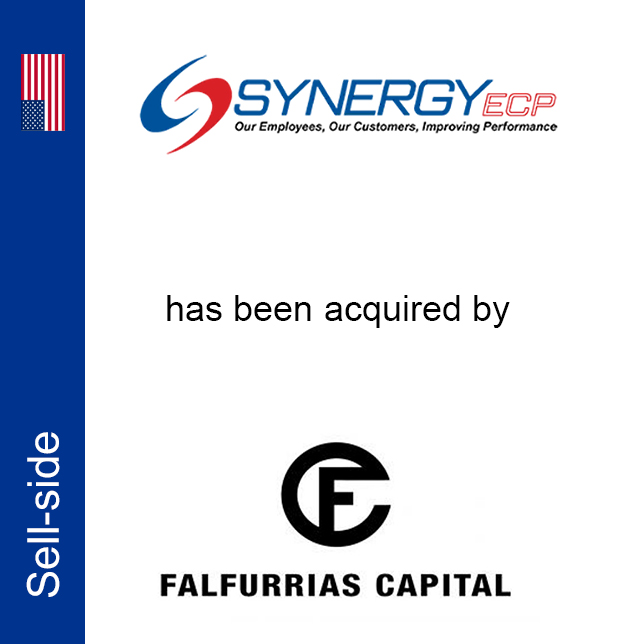
Synergy ECP
KPMG Corporate Finance LLC acted as exclusive financial advisor to Synergy ECP
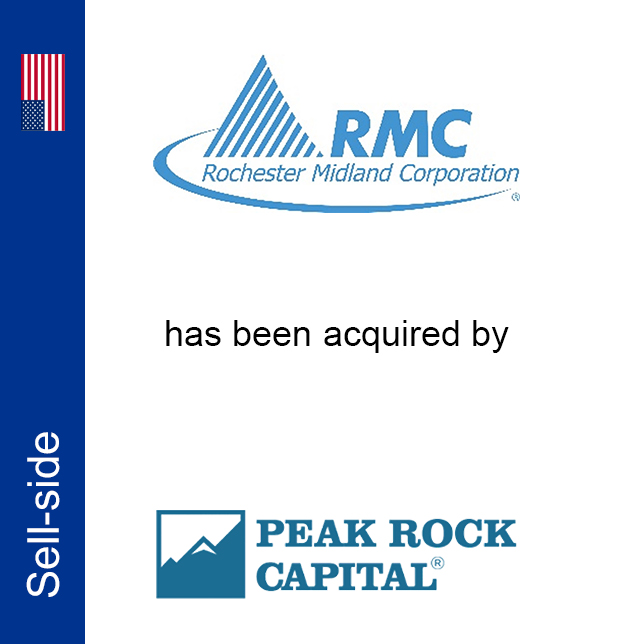
Rochester Midland Corporation
KPMG Corporate Finance LLC acted as financial advisor to Rochester Midland Corporation
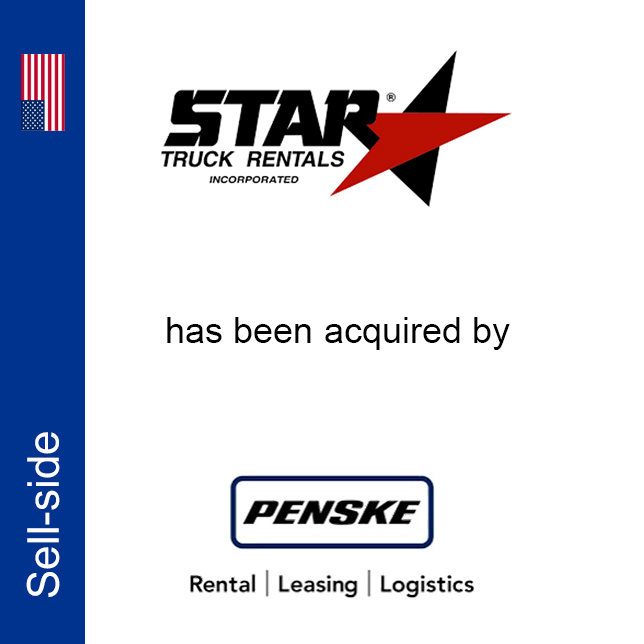
Star Truck Rentals
KPMG Corporate Finance LLC acted as exclusive financial advisor to Star Truck Rentals, Inc.
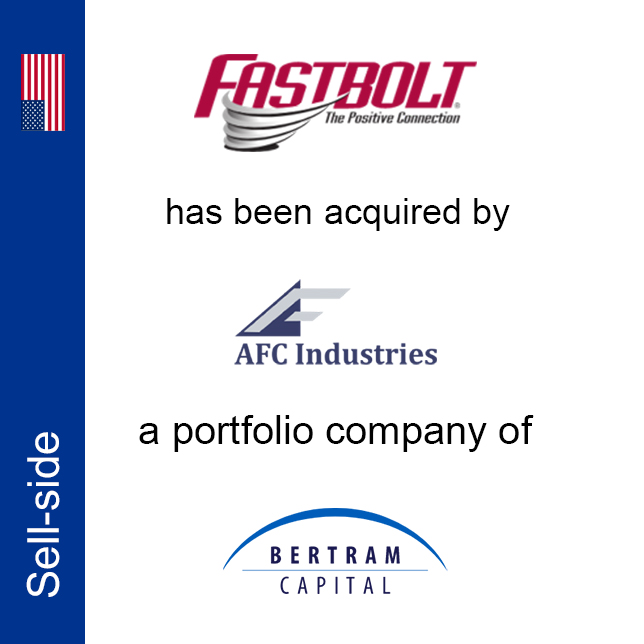
Fastbolt Corporation
KPMG Corporate Finance LLC acted as exclusive financial advisor to Fastbolt Corporation
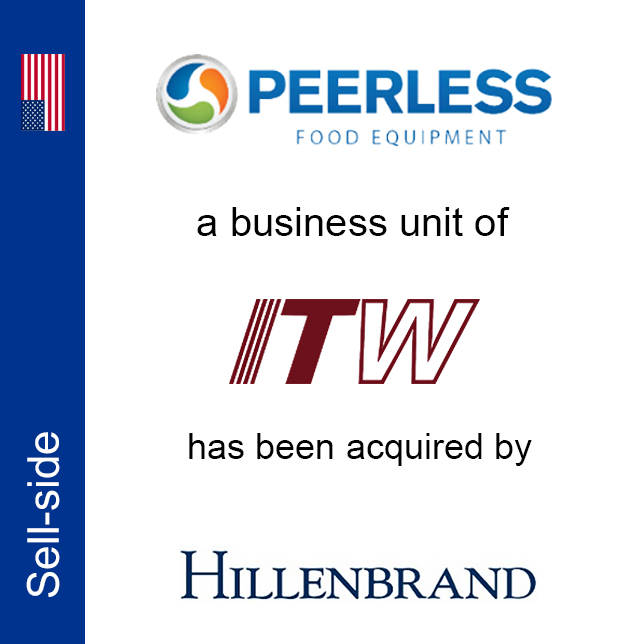
ITW
KPMG Corporate Finance LLC acted as exclusive financial advisor to ITW in its sale of Peerless Food Equipment to Hillenbrand
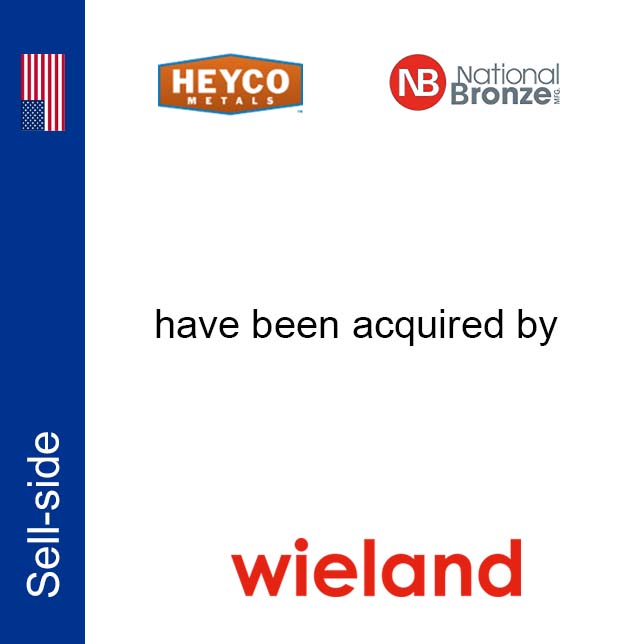
Hummock Industries
KPMG Corporate Finance LLC acted as exclusive financial advisor to Hummock Industries
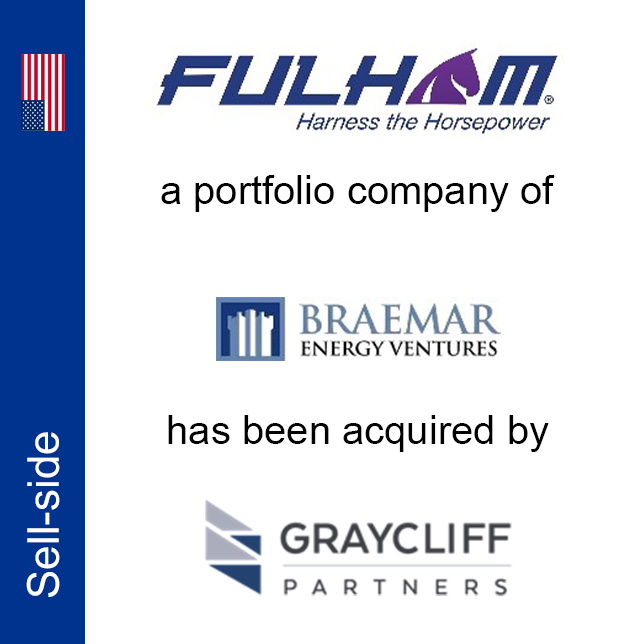
Fulham
KPMG Corporate Finance LLC acted as exclusive financial advisor to Fulham Co. Inc
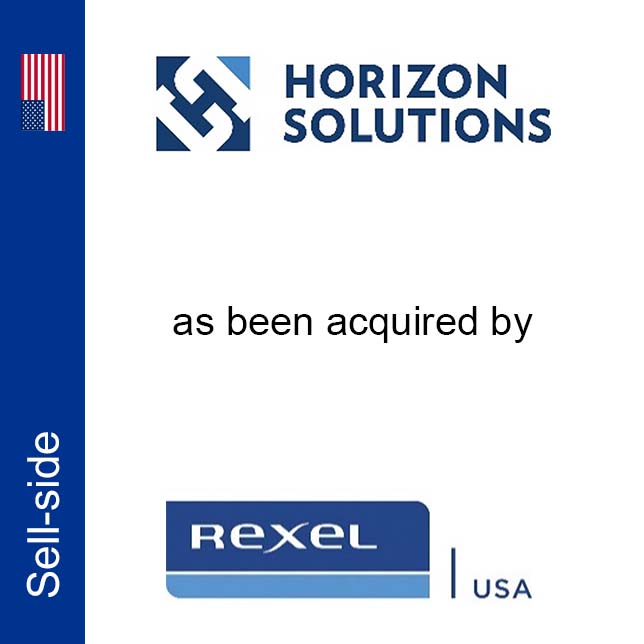
Horizon Solutions
KPMG Corporate Finance LLC acted as exclusive financial advisor to Horizon Solutions LLC
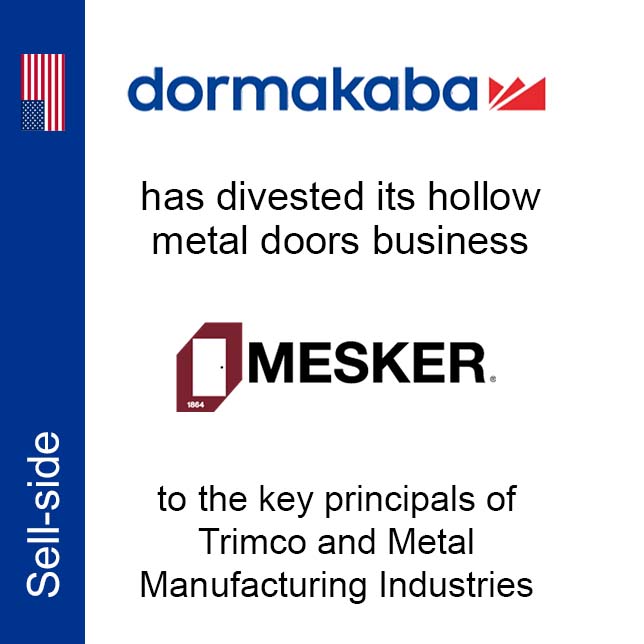
dormakaba USA
KPMG Corporate Finance LLC acted as exclusive financial advisor to dormakaba USA Inc. on its divestiture of Mesker.
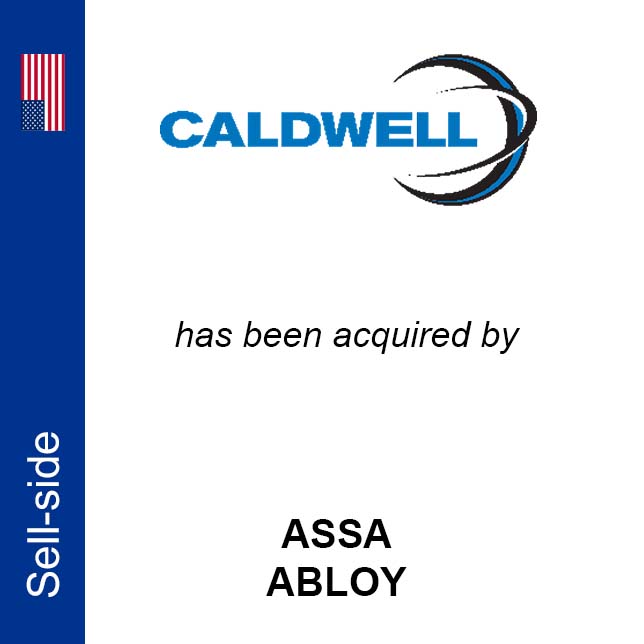
Caldwell Manufacturing
KPMG Corporate Finance LLC acted as exclusive financial advisor to The Caldwell Manufacturing Company
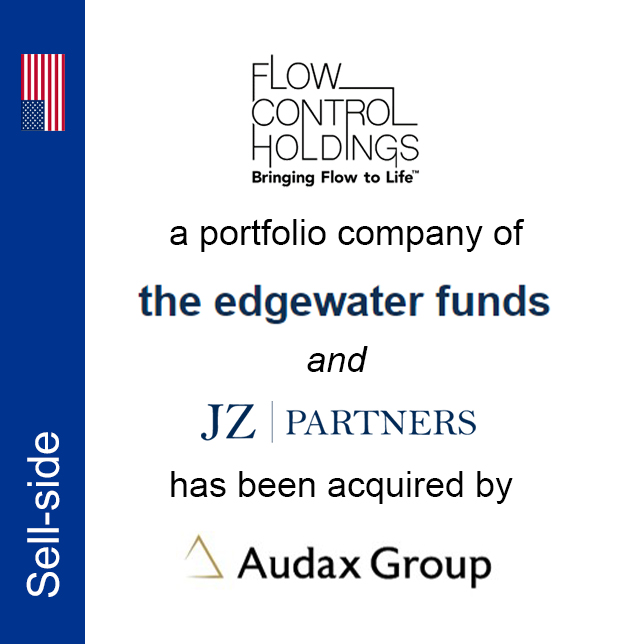
Flow Control Holdings
KPMG Corporate Finance LLC acted as exclusive financial advisor to Flow Control Holdings
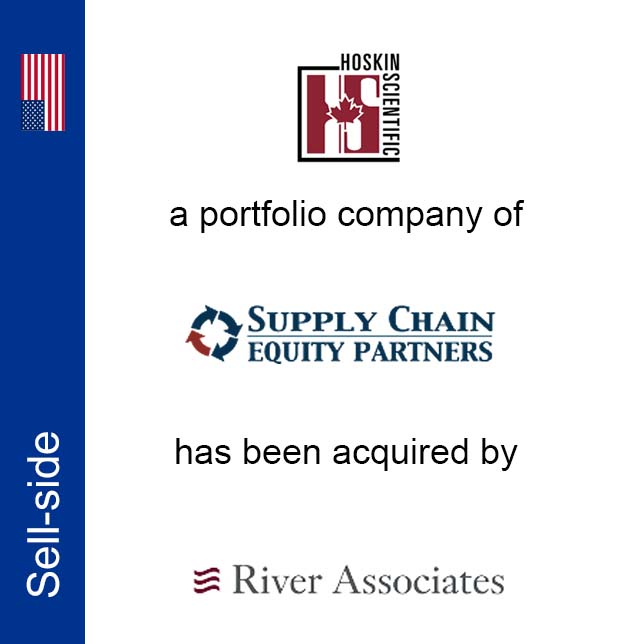
Hoskin Scientific Limited
KPMG Corporate Finance LLC acted as exclusive financial advisor to Hoskin Scientific Limited
Meet our team
In today’s market, you need an advisor with objective insight at every step of the transaction process. We work with you throughout the full deal cycle to create value and successfully execute your deal strategy.


















